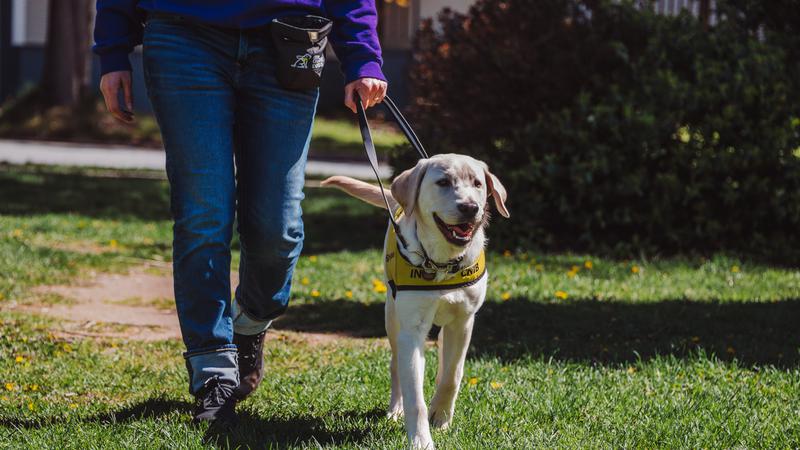
PAGC explores Indigenous-led policing service with data collection, community visits
The project to determine feasibility of a self-administered police service for Prince Albert Grand Council (PAGC) members is underway, with much work to be done to determine policing needs and challenges of each of the 12 First Nations and 28 individual communities.
David Sanderson, a former RCMP member and the public safety implementation advisor for the project, said while this new phase only began last month, the overall project has been a long time coming.
“As communities get bigger, policing doesn’t seem to be catching up,” he said. “They’re not getting the quality of policing they need or the safety they need for their communities.”
A request for the study was first proposed in 2017. Now, equipped with $1.4 million in government funding, advisors will travel to and engage with the 28 communities within the PAGC to collect individual input on what will improve policing for their specific area, whether its cultural components, mediation, crime prevention or substance abuse. Sanderson said it’s a response to the numerous complaints about the existing police service.


